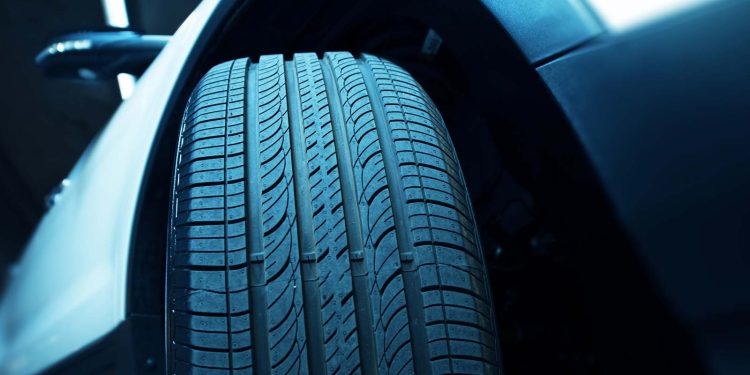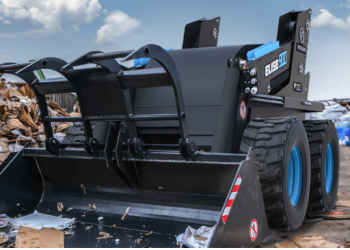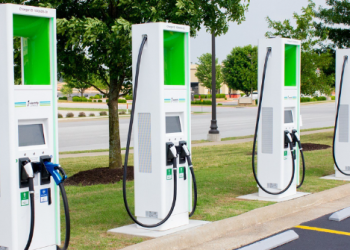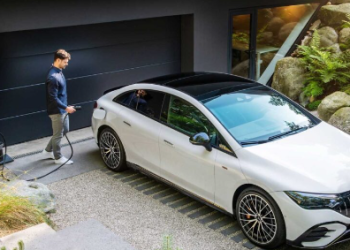By Nathan Rogers
Whether you’re a motorsport mechanic or a budding track driver, reducing mechanical friction is key to enjoying peak performance from your car. While increasing the aerodynamic capability of your vehicle is imperative in working towards higher speeds, keeping moving components running smoothly should also be a priority.
Why are Vehicle Aerodynamics Important?
Aerodynamic drag is one of five natural forces that need to be overcome before a vehicle can start moving forwards. The other four include gravity, inertia, rolling resistance, and mechanical friction.
When it comes to achieving higher speeds on the road or on the track, drag force is one of the major setbacks faced by drivers. Additionally, higher aerodynamic drag leads to higher fuel consumption, which is an increasing environmental concern whenpassenger cars account for at least 52% of total emissions from the transport sectorin the UK.
Mechanical friction should be considered alongside aerodynamics to help you make the most out of driving your car.
How Can I Reduce the Friction my Car Creates?
– Minimise Mechanical Friction
Mechanical fiction in vehicles is a necessary evil. While it’s responsible for allowing the car to move forwards in the first place, it also slows it down as it moves. Additionally, the contact between your brake discs and pads causes the friction that slows down your car, enabling you to stop.
When you drive, friction happens in several places. Along with brakes and contact between the road and your tyres, different parts of your engine and transmission system generate friction too.
You should always make sure to use high qualitylubricantsto reduce the friction between moving parts under your bonnet. Lubrication also improves performance of your vehicle by reducing the heat generated between two moving parts or surfaces, smoothing the process to increase efficiency.
– Buy High-performance Tyres
Ensuring that you fit quality tyres on your car is essential if you’re serious about going faster.
When you’re choosing tyres for your car, you’ll need to think about a number of factors that could influence the rolling resistance when you drive. These include:
- The design, bead, and belt of the tyre
- Sidewall type and tread depth
- Inflation pressure
- Vehicle load and weight distribution
- Weather and traffic conditions

Rolling resistance is the force that’s defined as the total energy used by a tyre over a predetermined distance. Keeping your tyres at the correct inflation levels means you’ll enjoy reduced static friction between your tyres and the road, keeping them healthier for longer and helping you to move more efficiently too.
– Choose streamlined features
Streamlining the body of a car is vital in reducing aerodynamic drag, allowing you to drive faster. The most impressiveexamples of streamlined designs can be seen in F1 cars, but there are still plenty of smaller changes that make a big impact on aerodynamics.
Spoilers, for example, are one of the most important and frequently used aerodynamic devices in the motor industry. Its purpose is to channel the airflow around the car in such a way that helps to reduce drag. Even though many commercial vehicles boast spoilers for pleasing visual effects, it’s likely that you’ll only feel the difference at motorway speeds or more.
– Use advanced suspension
Lastly, using an advanced suspension system helps to minimise friction between the tyres and the road, while maintaining control and stability. Effective suspension maintains wheel alignment, keeps your steering geometry correct, and ensures that shock forces are as reduced as possible.

Keeping your wheels aligned means your tyres will wear evenly too. Whether you’re driving on an uneven surface or a silky smooth track, don’t underestimate the importance of suspension.
Written by Nathan Rogers



















